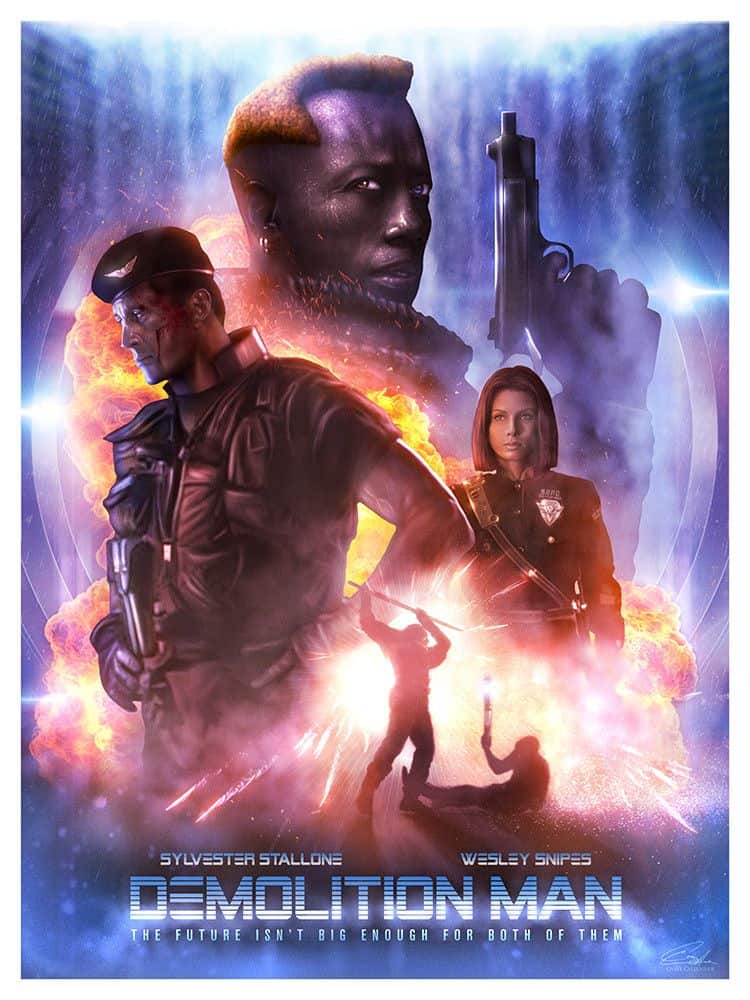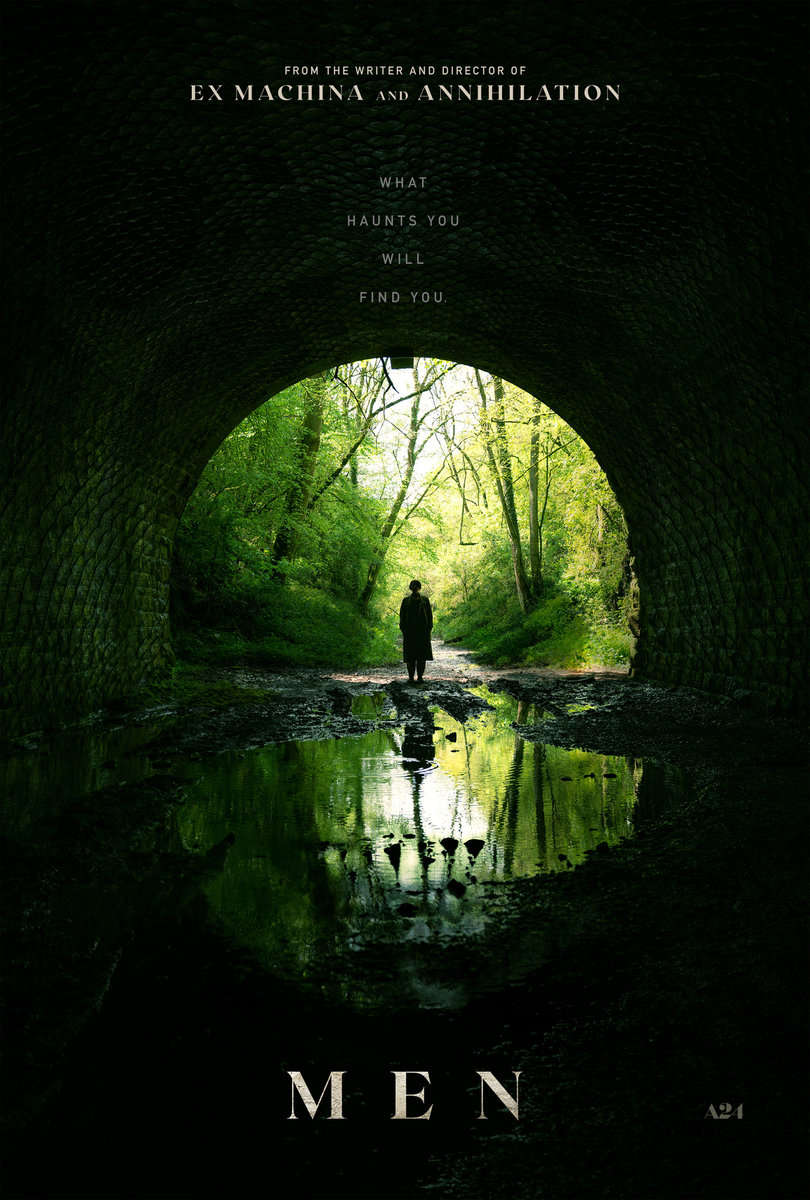
Sometimes things are not what they seem. Take Demolition Man. At first glance it’s the dumb, brutishishness you’d expect from a 1993 action movie starring Sylvester Stallone and Wesley Snipes. But it’s also an oddball comedy and social critique and while not everyone noticed, composer Elliot Goldenthal did.
From the start Goldenthal plays along, mimicking the faux-serious tone of the film’s beginning with his own overly serious music. Deep rumbling bass sets the context of a ruined Los Angeles, while high paced strings and synth build tension before exploding into the heart of the initial encounter between Stallone and Snipes. To the inattentive, this sounds like another severe score to one of many dark, humorless action films. It’s not. Goldenthal is toying with the audience’s expectations while playing the comedic straight man for the film to riff off.
As the film progresses into ever more ridiculous territory – President Schwarzenegger (perhaps not so ridiculous now), the destructive fast food franchise wars, and sea shells replacing toilet paper – so does the score. Goldenthal throws in cacophonous crashing brass, late 80s and early 90s hip hop beats and sound effects, the occasional flowingly elegant waltz, and the cue to a film-ending kiss better suited to the 1950s than the 2030s. When Goldenthal’s rapid-fire use of these unexpected pieces nearly overwhelms the listener, he pulls back, transitioning to calmer interludes or reverting to more familiar action-oriented music before once more launching off into insanity.
Goldenthal’s Demolition Man can be difficult to listen to, particularly because it borders on the avantgarde. But that’s exactly what makes it such a bold choice – an avantgarde score for a film that is anything but. Film scores need to take risks, and it’s all the better when, like in Demolition Man, those risks succeed.



